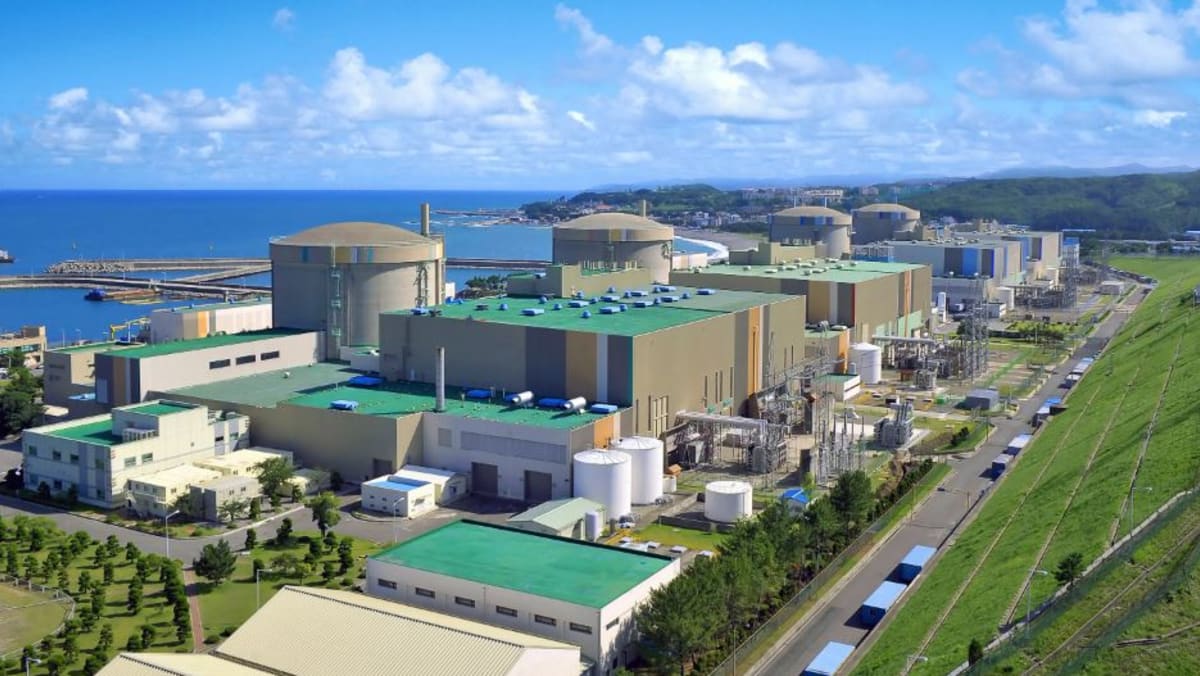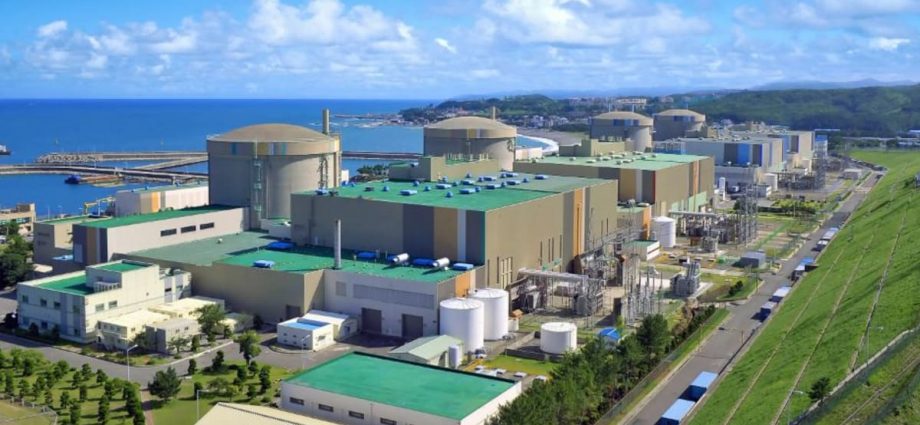
Part of the broader nuclear power problem is that countries facing energy supply issues haven’t kept up their facilities, or have abandoned the technology altogether. Decommissioning these plants has added costs, too.
Now, as the pressure rises to find alternative sources to reduce Europe’s heavy reliance on Russian gas, there’s little that can be done in a short period of time. French state-owned firm Electricite de France is exploring keeping two of its United Kingdom plants open for longer, as it also struggles to run them efficiently. Germany will make some of its facilities available to get it through the colder months.
The ability to tap existing nuclear resources is set to help dynamics across the world: The head of the International Energy Agency recently said Japan’s restart of more nuclear power plants would help ease energy supply issues because global gas availability would rise.
This isn’t to say that South Korea has got its nuclear bet totally right – it’s had its fair share of hitches in the domestic industry. As with facilities elsewhere in the world, there are questions around how it will manage the waste.
Still, it has been working on a near-surface disposal system, which would alleviate concerns about radioactive waste material. NuScale’s reactors, for instance, use fuel that is consistent with the type used in the light pressurised water-type reactors employed today.
The US has been safely storing it for more than six decades. In addition, newer modules are developing designs that could reduce the overall inventory of spent quantities.
Seoul has shown there are ways to fix the energy crisis – or at least, make it better. Other nations should take note.

